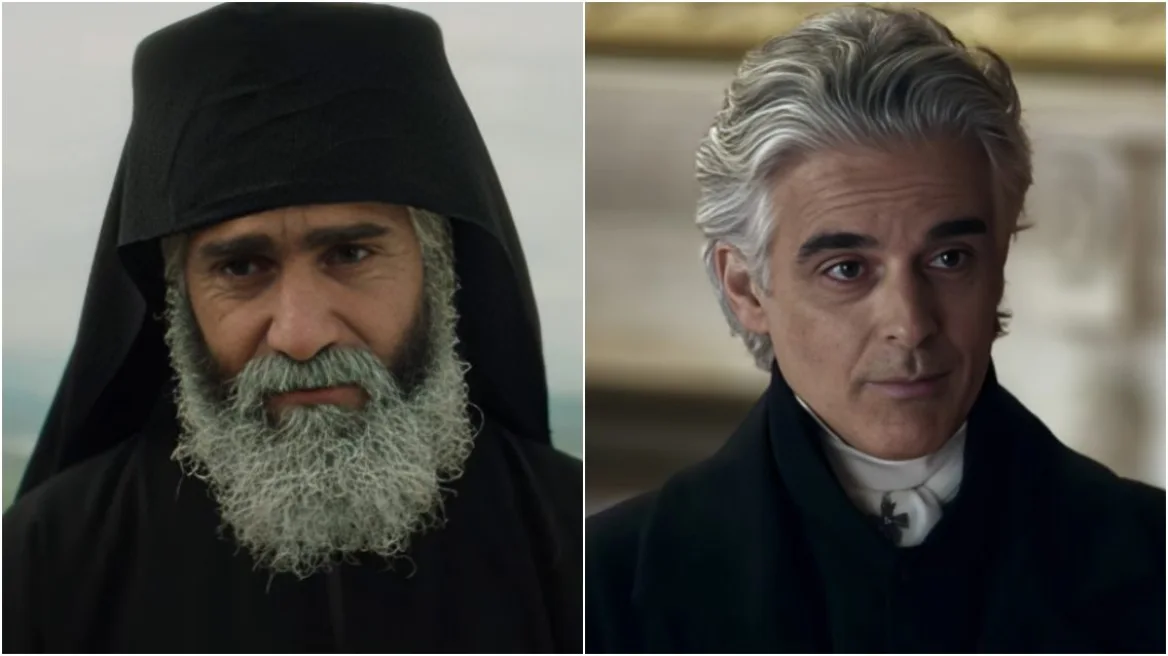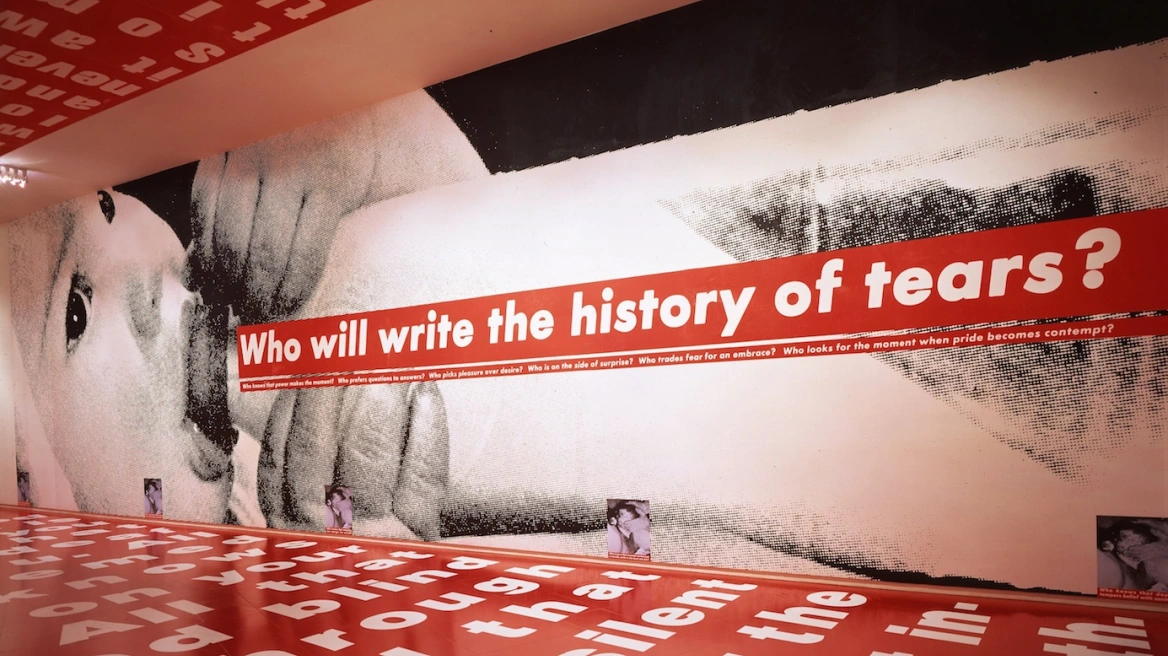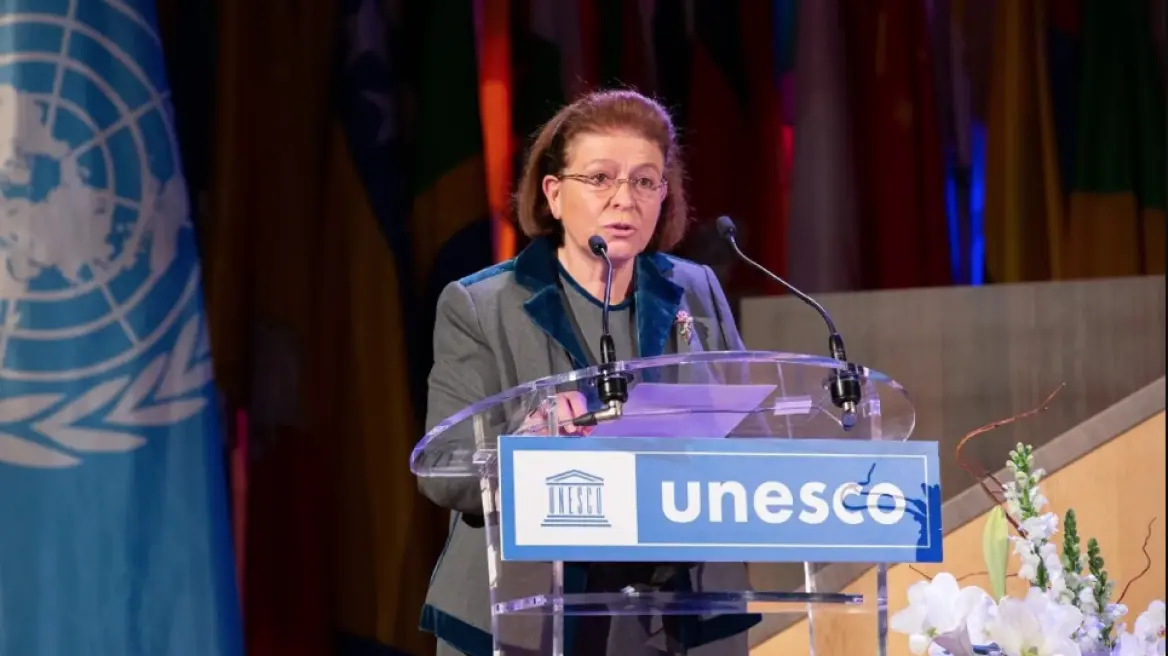“There was an invisible hand because there are differences between the drafts – ‘Proto Thema’ is paying its loans, is a good customer of the banks, there is no evidence of mismanagement of its loans – The Themos Anastasiades case has nothing to do with what this Committee is investigating”
An groundbreaking interview of the Independent Greeks (ANEL) MP Dimitris Kammenos and vice-president of the Committee investigating the loans to political parties and to Media gives us a new insight to the surprise change of the Committee’s conclusions about ‘Proto Thema’ and the newspapers’ loans.
Dimitris Kammenos in an interview by phone to www.protothema.gr denounces that an “invisible hand” was adding and subtracting excerpts from the chapter that talked about ‘Proto Thema’ and notes: “The change that took place about ‘Proto Thema’ is strange. I will tell everything. I speak the truth. There was an invisible hand that subtracted that”.
Mr. Kammenos speaks frankly about the famous now paragraph there wass in Syriza’s conclusions about ‘Proto Thema’ that said: “on this basis today, the organization that publishes ‘Proto Thema’ appears to have performing loans, healthy and with no problems”, which, in a…magic way, has gone from the Committee’s conclusions!
In his interview Dimitris Kammenos clarifies many times and in different ways that ‘Proto Thema’ is paying its loans as it should, canceling all the arguments that Syriza tried to pass through…non-papers and press releases.
“It is not ‘Proto Thema’ who has problems paying its obligations” Mr. Kammenos underlines. On another point the Committee’s vice-president emphasizes that: “All of ‘Proto Thema’ and its company’s loans are being payed as they should. So there is no hind of foul play as far as ‘Proto Thema’ is concerned”.
Dimitris Kammenos is categorical as far as the paragraph added regarding the 2007 tax case of Themos Anastasiades, as he states in the most clear way that the specific point has nothing to do with the Committee’s investigation and that the case has already been closed.
It should be noted that Mr. Kammenos is not just a ANEL MP and the vice-president of the Committee for the loans of political parties and Media. He has been present throughout the process of the witness examination as well as the writing of the conclusions where his role was instrumental due to his previous work experience in big banking organizations abroad.
READ THE INTERVIEW BELOW:
Question: Have the proceedings of the Committee being concluded and the final conclusions submitted to the President of the Greek Parliament? What are the findings on the corruption issue that we did not know thus far? In other words, what are the new evidence the Committee is offering us?
Dimitris Kammenos’ answer: As I said in my finishing suggestion on Friday, the conclusions drown from the 550 pages long findings are enough to say that there was an irregularity on the issue of political parties’ loans mainly, as well as some Media too. We should keep in mind that the purpose of the Committee was to investigate the legality of the loans. It is hard to find anyone’s possible illegal acts during the loaning procedure. I said that during my suggestion. There are enough conclusions and if the district attorney who will receive the findings look into them he will find if there are any illegal actions. We must have faith on Justice. There were more issues regarding political parties rather than the Media. We had some important denunciations from witnesses too.
Q: From our side we have looked the proceedings of the Committee closely and from the government’s rhetoric we understand that the main focus was on illegally given loans and who wasn’t paying for the loans they had taken. Did you locate any, whether they were political parties or Media?
D.K.: The systematic bad payers are the political parties. There are some Media, like yours for example ‘Proto Thema’, that all of your company’s loans are being payed as are the loans of Mr. Kontomina’s Alpha channel. I don’t have all the data with me right now. There are some issues with loan that were given for one purpose and went to another and that was a real problem. Meaning that somebody took some money as capital for his business and went to build a house with them. And in the end he didn’t build the house either! In cases like these the bank has a problem as well as the customer.
Q: There is an issue with the initial findings that were given to the political parties…
D.K.: It leaked illegally and I will make a comment on this. It leaked.
Q: I am not talking about the findings’ draft that leaked but for the final findings that was distributed to the political parties in order to be determined if there were converging views, if there could be a common findings etc. In this text, among other things, there was a paragraph that mentioned that ‘Proto Thema”s loans were ok from every point of view. They admit, in other words, that ‘Proto Thema’ is not in the category of those that don’t pay their obligations.
D.K.: The loans are in order. That is correct.
Q: Nonehteless, in the final findings the specific paragraph has been removed. Why is that? Where there any new data from the Bank of Greece that changed the fact about ‘Proto Thema’?
D.K.: No, there hasn’t been any new information from the Bank of Greece. It is a point that along with one more was removed at the end. Another part about Mr. Stournaras about Motor Oil and ELPE that I personally intervened and it was taken out. As far as the ‘Proto Thema’ part, you are absolutely right. In the findings the paragraph was included and rightly so, because the banks had sent us all the paperwork which were in order regarding the loans of ‘Proto Thema’ and all its company’s. So there is no foul play when we talk about ‘Proto Thema’. To my surprise I saw as well, that it had been taken out. But I believe, after talking with Mr. Balomenakis and the Committee it was added again that ‘Proto Thema’ is in order. You know, every other day I was reading the transcripts of the meetings and I saw what had happened. I think we must stay to the essence of the story, which is that ‘Proto Thema’ is a good borrower for the banks, a good customer and that is what the witnesses testified. They made it clear that it is a good customer as it pays back the loans and their interest.
Q: Your opinion is of great value as you have extensive experience and knowledge of the financial and economic issues due to your previous professional activity. Also as the vice-president of the Committee and as one of the members that was present in all of the proceedings you have the total overview of the Media loans.
Also, in one of the majority’s findings drafts that leaked illegally, as you said, in the beginning of the week, there was something mentioned about Mr. Stournaras. In the draft there was a call for his prosecution for an amendment concerning some petrol companies. What happened with that paragraph?
D.K.: I personally intervened and it was taken out as it had nothing to do with our findings. I have seen the majority’s findings, as a subject matter expert on such loans, and as the vice-president of the Committee and as a member of the coalition government. That bit was not there and it suddenly appeared in the document that leaked. At the time I was accused as well by some sly people of our political system that it was me who leaked it, but they were not lucky as I was in hospital those days and couldn’t have done it. Apart from this it was a mistake to add it and that is why it was taken out after my intervention. The change that took place about ‘Proto Thema’ was strange. I will tell everything. I speak the truth. There was an invisible hand that subtracted that.
Q: Is this hand invisible?
D.K.: It is invisible. If it was visible we could denounce it but it is invisible because the drafts. Two were the basic changes: the one about Mr. Stournaras and the one about ‘Proto Thema’.
Q: This invisible hand -as you called it- has it also added something regarding ‘Proto Thema’? Because, we saw that there was a paragraph added about Themos Anastasiades’ 2007 tax case that has been closed. Does this case have anything to do with what your Committee has been investigating?
D.K.: No, nothing at all. No connection. The Committee was put together in order to investigate the legality of the loans the political parties and the Media had taken as well as any foul play during those procedures. What you are telling me has nothing to do with the Committee and I think that Mr. Anastasiades was not asked a lot of questions when he came as witness. I don’t remember exactly because I was many hours there and I may had gone out for a while. I don’t know if any of my colleagues asked him about this but I think he was not and I am under the impression that the case has closed – I am not sure because I am abroad a lot but I think it is closed. Anyway to close this issue, it has nothing to do with the subject of our Committee.
Q: According to your opinion, why was this addition made? Would it be right if someone concluded that this move is part of the war that the government has declared against ‘Proto Thema’?
D.K.: I wouldn’t like to name and describe the situation as a “war”. I think that all Media in the last 40 years are doing their job very well. There are some exaggerations, a huge friction between every government and the Media as they check them with good or bad ways -talking generally and not referring to ‘Proto Thema’. I think this “war” is healthy and we must see it like that. I don’t have anything else to comment on. I don’t think there is some kind of a “War”. But there is an invisible hand. I mean when you see changes from draft to draft. But I think we ended up the right way. I also saw the findings of the oppositions too and they are all very positive and the district attorney will take in his hand a well documented set of findings and if needed he will do his job.
Q: If we understand it well, you were not informed about the latest addition by the representatives of Syriza either…
D.K.: No I was not informed at all. It was not in the first draft. I was not informed.
Q: Finally, I would like to ask you again about the subject of the Committee, which was the non-performing loans. Does ‘Proto Thema’ have any such loans to banks that in this sense burden at the end the Greek taxpayers?
D.K.: I think that the bankers were clear: ‘Proto Thema’ was and still is a very good customer -and I hope you will be a good customer in the future too, because the Greek banks cannot afford any more “red” loans.
It is what the banks themselves have testified, not what I say. From the findings that came to our hands there seems to be no mismanagement of any loans nor is ‘Proto Thema’ a bad faith borrower.
Q: The specific paragraph was taken out of the findings -you told us it is back, but we will wait and see. But these moves could harm a healthy business. I mean when the findings of a Parliamentary Committee come out and there are suspicions that it does not pay its loans, couldn’t that be the cause of problems?
D.K.: Look. I don’t think that it could cause problems and I will tell you why. It could be a problem with competitors newspapers that will say “oh, you don’t pay your loans”. But objectively and on the financial part of the issue it has been clear form the answers of all the banks that ‘Proto Thema’ is not a strategic bad payer. It pays its loans. Since this is well documented in the findings officially and has been transmitted all over the country, there is no problem. It is not something that we suddenly found in the findings. It came forward from a clear and public proceeding. Anyone can go back and search the documents of the banker’s testimonies where it is clear that ‘Proto Thema’ is paying its obligations. I don’t think there is any problem. Maybe some impressions. Maybe this invisible hand would like to create some impressions for a while but objectively these issues were resolved at the time of the witnesses’ examinations. Not in findings. The findings describe what we saw and what we heard from the witnesses.
Q: The Committee collected many data for the political parties and the Media. What is it going to happen to them?
D.K.: All the classified documents that came from the prosecutors, the Bank of Greece and the rest of the banks will be kept with the proper security in the offices of the President of the Parliament so that they will not become leverage for extortion of any kind. They are classified. When the Committee was closing its proceedings I suggested and everybody agreed, that the documents should be secured and whoever would like to read them should be documented. No paper must leave. It is important for everyone’s security. Someone from a Medium, political party or businessman could come and take data about a competitor and start a war or “exchange” of any kind and that is something that must not happen.”
Ask me anything
Explore related questions





